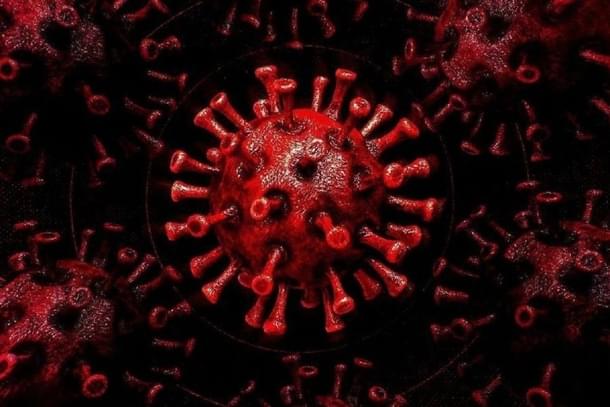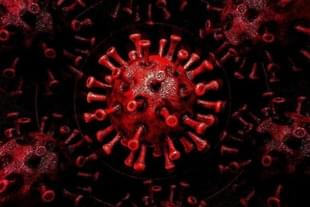Health
NeoCov Coronavirus Found In Bats May Pose Threat To Humans In Future, Caution Chinese Scientists
PTI
Jan 28, 2022, 05:07 PM | Updated 05:34 PM IST
Save & read from anywhere!
Bookmark stories for easy access on any device or the Swarajya app.


Beijing, Jan 28 (PTI) A type of coronavirus, NeoCov, that spreads among bats in South Africa may pose a threat to humans in future if it mutates further, according to a study by Chinese researchers.
The yet-to-be peer-reviewed study recently posted on the preprint repository BioRxiv, shows that NeoCov is closely related to the Middle East respiratory syndrome (MERS), a viral disease first identified in Saudi Arabia in 2012.
Coronaviruses are a large family of viruses that can cause diseases ranging from the common cold to Severe Acute Respiratory Syndrome (SARS).
Researchers from Chinese Academy of Sciences and Wuhan University noted that NeoCov is found in a population of bats in South Africa and to date spreads exclusively among these animals.
In its current form, NeoCov does not infect humans but further mutations may make it potentially harmful, the researchers noted.
'In this study, we unexpectedly found that NeoCoV and its close relative, PDF-2180-CoV, can efficiently use some types of bat Angiotensin-converting enzyme 2 (ACE2) and, less favourably, human ACE2 for entry,' the authors of the study noted.
ACE2 is a receptor protein on cells that provides the entry point for the coronavirus to hook into and infect a wide range of cells.
'Our study demonstrates the first case of ACE2 usage in MERS-related viruses, shedding light on a potential bio-safety threat of the human emergence of an ACE2 using 'MERS-CoV-2' with both high fatality and transmission rate,' they said.
The researchers further noted that infection with NeoCov could not be cross-neutralised by antibodies targeting SARS-CoV-2 or MERS-CoV.
'Considering the extensive mutations in the RBD regions of the SARS-CoV-2 variants, especially the heavily mutated Omicron variant, these viruses may hold a latent potential to infect humans through further adaptation,' the authors of the study added.
A receptor-binding domain (RBD) is a key part of a virus that allows it to dock to body receptors to gain entry into cells and lead to infection.
(This story has been published from a wire agency feed without modifications to the text. Only the headline has been changed.)





